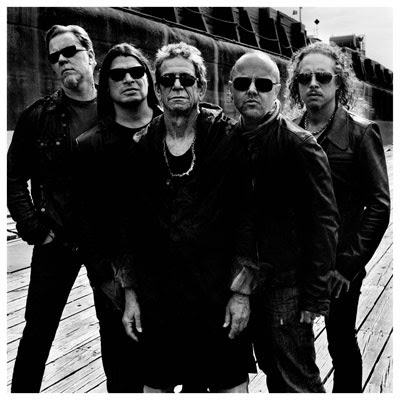 |
| Modest Mussorgsky, painted by Vadim Repin in his last years. |
Just what it sounds like. All five of these operas were left unfinished due to the untimely deaths of their composers. Happily for us musicological types, they were later completed and premiered in full versions, providing endless grist for lengthy caffeine-and-alcohol fueled arguments in the cafés and pubs around Lincoln Center--if we could afford to go to them.
Modest Mussorgsky: Khovanschina
completed by: Nikolai Rimsky-Korsakov, Dmitri Shostakovich, Igor Stravinsky (orchestration)
Mussorgsky's grand drama of Russian politics (the title translates as "The Khovansky Affair") deals with the rise of Peter the Great and the destruction of all those opposed to the new Tsar. Working from historical documents, he wrote the five-act libretto but had only begun the orchestration when he died (from complications due to alcoholism) at the age of 42.
His friend and fellow composer Rimsky-Korsakov finished the first version of the opera, although his version somehow manages an upbeat ending. Igor Stravinsky also took a crack at the score, but from his version, only Act V has survived. (It can be heard on the Abbado recording of the score, pictured at right.) Most opera houses (including the Met and the Kirov) use the Shostakovich orchestration, which is fairly close to Mussorgsky' gloomy conception.
Jacques Offenbach: Les Contes d'Hoffman
completed by: Ernest Giraud, Fritz Oeser, Michael Kaye, Jean-Christophe Keck, and others.
This is the one "serious" opera from France's leading composer of operetta and light comedies.
Hoffman is a cyclical story dealing with the titular poet being thwarted repeatedly by four "evil geniuses" as he pursues his ideal woman. Francois Giraud completed the opera following Offenbach's death, but shortened the "Giulietta" act--which happens to be the opera's climax.
Through the years, sopranos have pushed for the order of acts to be altered, so they can sing the "Antonia" act (with its spectacular death scene) last. This makes nonsense of the plot. Most recordings of this opera feature different performing versions, bastardizations, and alternate endings. In the 20th century, a number of musicologists, including Michael Kaye and Fritz Oeser published different complete versions of the score.
Feruccio Busoni: Doktor Faust
completed by: Philipp Jarnach, later by Anthony Beaumont
This version of
Faust by the most Faustian of composers was Busoni's magnum opus. This Italian-born German composer skipped Goethe's version of the story and went directly to the source of the
Faust legend, medieval German puppet plays that told the story of a man selling his soul to the devil. Unusually, this version of the story casts a baritone as Faust and a tenor as Mephistopheles.
Busoni worked frantically to finish the opera, but died (from a kidney disease) before he could complete the final act, when Faust's soul is redeemed. Composer Philipp Jarnach's completed version is the repertory standard, although a new completion by Anthony Beaumont is based on Busoni's own sketches for the finale. The Kent Nagano recording of the opera (on Erato) includes both endings.
Giacomo Puccini: Turandot
completed by: Franco Alfano, later by Luciano Berio
Probably the most famous "incomplete" opera on this list. Puccini died in 1924, following complications from surgery to remove his throat cancer before he could complete the last act of
Turandot. His final opera is a tale of mythic China in which a mysterious Unknown Prince seeks to melt the heart of the titular Princess before she has his head cut off.
Unfortunately, the composer died before he could write the music in which Turandot's heart melts. In 1926, Puccini's publishers hired composer Franco Alfano to finish the job. At the opera's premiere, Toscanini stopped conducting at the moment where Puccini stopped working and explained "Here, the maestro laid down his pen." The following night, Alfano's completion was performed. Today, most opera houses cut the Alfano music as short as possible. As a result, this grand, complex mythic tale has one of the most abrupt "quick endings" of any opera.
Alban Berg: Lulu
completed by: Friedrich Cerha
Berg died before he could finish the last act of
Lulu his opera that explores the power of destruction through seduction. In his original conception, Lulu would sink into prostitution, and would be finally slaughtered by Jack the Ripper. When Berg died, his widow Helene approached Arnold Schoenberg to finish the opera. When he declined, she would not allow anyone else to work on Berg's sketches. As a result,
Lulu was premiered in 1937 as a two-act torso. Helene Berg died in 1976. In 1979, Friedrich Cerha completed the opera. The full three-act Lulu was premiered by conductor Pierre Boulez, and proved to be a huge critical success . And yes, these performances are available on CD.















